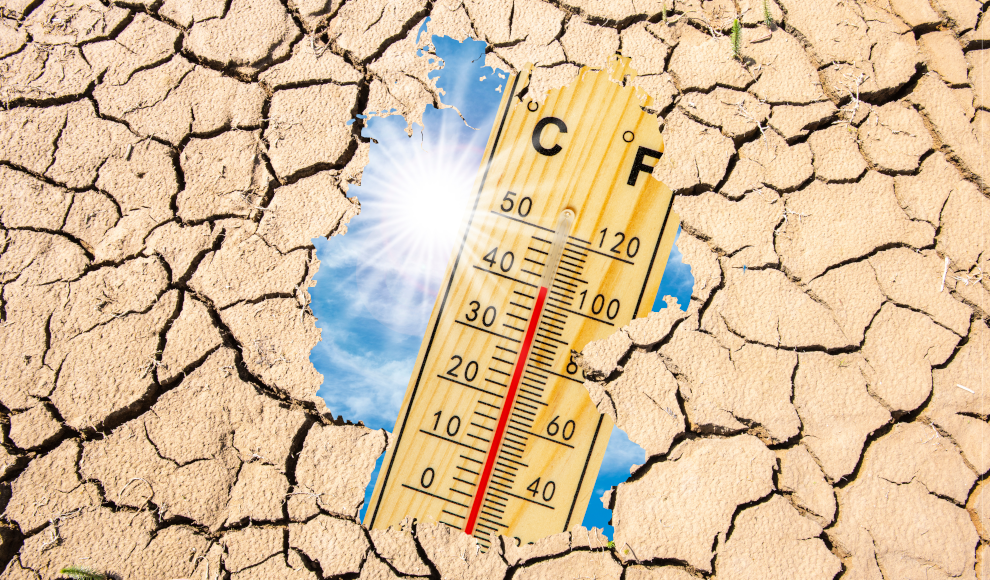The effects of climate change are becoming increasingly apparent in Germany, with rising temperatures and droughts. A recent study conducted by the Robert Koch Institute (RKI), the German Environment Agency (UBA), and the German Weather Service (DWD) has revealed that people in Germany are highly vulnerable to heat. The study estimates that around 4,500 people died in Germany during the summer of 2022 due to the effects of heat. This figure is similar to the number of heat-related deaths in 2015, 2019, and 2020. In 2021, 1,900 people died due to heat-related causes.
The RKI scientists divided Germany into four regions for their study: North (Bremen, Hamburg, Mecklenburg-Western Pomerania, Lower Saxony, Schleswig-Holstein), East (Berlin, Brandenburg, Saxony, Saxony-Anhalt, Thuringia), West (North Rhine-Westphalia, Rhineland-Palatinate, Saarland, Hesse), and South (Baden-Württemberg, Bavaria). Data was analyzed until September 11, 2022 (calendar week 36) for the summer of 2022. In the West, 2,000 people died due to high temperatures, while in the South, there were 1,400 deaths, despite more heatwaves occurring in that region. The causes of heat-related deaths are varied and include heatstroke, as well as more complex heatstroke that can occur in people with lung or cardiovascular diseases.
The summer of 2022 was the sunniest and fourth warmest on record, compared to the long-term average. There were similar numbers of heatwaves as in the record-breaking summer of 2018. The RKI scientists estimate the number of heat-related deaths based on recorded deaths and measured temperatures, as it is difficult to accurately track the exact number of heat-related deaths. The reported COVID-19 deaths were excluded from the estimation. The study highlights the need for better heat adaptation measures in regions that are more vulnerable to heatwaves. It is expected that periods of extreme heat will become more frequent in Germany due to climate change, posing significant health risks.










